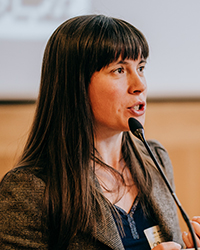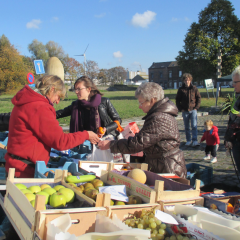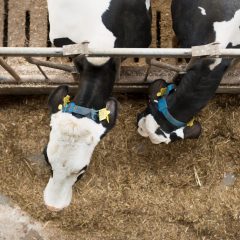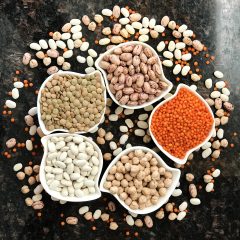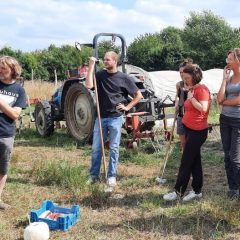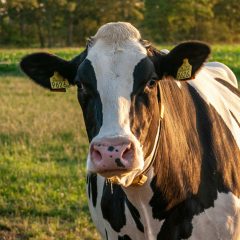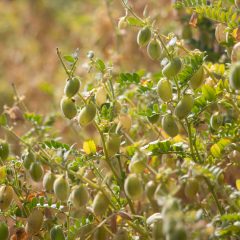Research project Connecting consumers and producers to rebalance farmers’ position through ambassador trainings
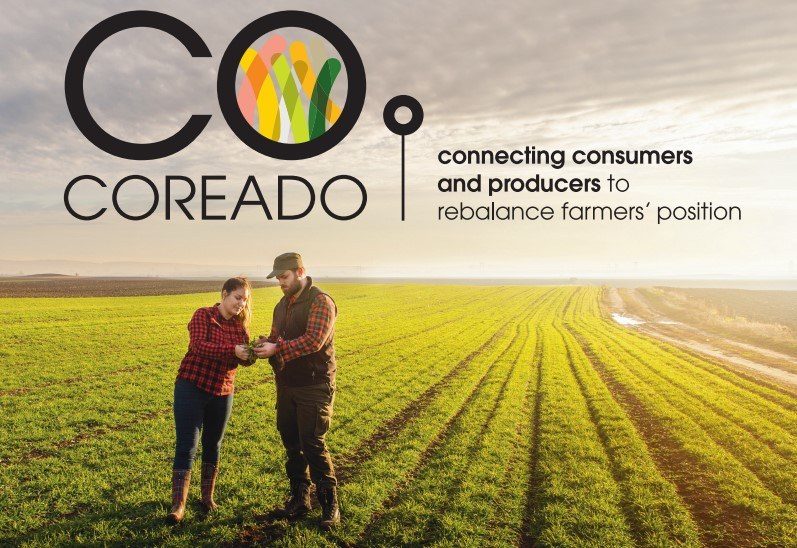
General introduction
The European multi-actor research project COCOREADO succeeded in selecting 'recipes' of innovative food collaborations based on a study of such collabs between farmers and multiple other stakeholders in the chain. These 'recipes' can be easily replicated elsewhere. Systemic barriers for farmers to get into a better production environment were documented, and where possible we brought those insights to those responsible. COCOREADO aimed to work through an ambitious, innovative approach to restore unequal power relations in today's agri-food chain. It also aimed to reconnect farmers with consumers to make the food system more sustainable.
Research approach
We selected 40 young 'food changers' from all European partner countries. These included farmers, chefs, food heroes, social entrepreneurs, IT specialists and leaders of local youth movements. These so-called COCOREADO ambassadors formed the core of the whole approach. Starting from existing innovative business models they were asked to work out new business models themselves during training sessions, where policymakers were also involved. The pitfalls and opportunities of sustainable public procurement, embedded in local food strategies, were explored.
Relevance/Valorization
The COCOREADO project is unique due to the food-changer's intense involvement in every step of the project. This group selected the most relevant of the long list of existing food initiatives for further elaboration and roll-out. There are both useful positive, and also interesting but unhelpful findings: participation of local farmers in tenders for public procurement files proves very difficult. The barriers for farmers in such tenders and the legal constraints as a government to buy locally and seasonally are clearly identified. The project group drafted policy advice around this problem, and also developed a decision support tool to help governments make their procurement policies more sustainable. On the more positive side, favourably-selected existing innovative and fair chain solutions have been documented as a source of inspiration. There are 14 'replicability roadmaps' on the table that can help to successfully roll out their approach or formula, in various other European contexts. Also documented and available for educational purposes and future multi-actor projects are the 5 'seed initiatives' (setting up initiatives that do not yet exist). Finally, useful observations were made on our innovative way of engaging actors through the ambassador network, which is useful in many subsequent multi-actor projects. Europe aims to achieve more relevant and faster applied knowledge and innovation through such approaches.
